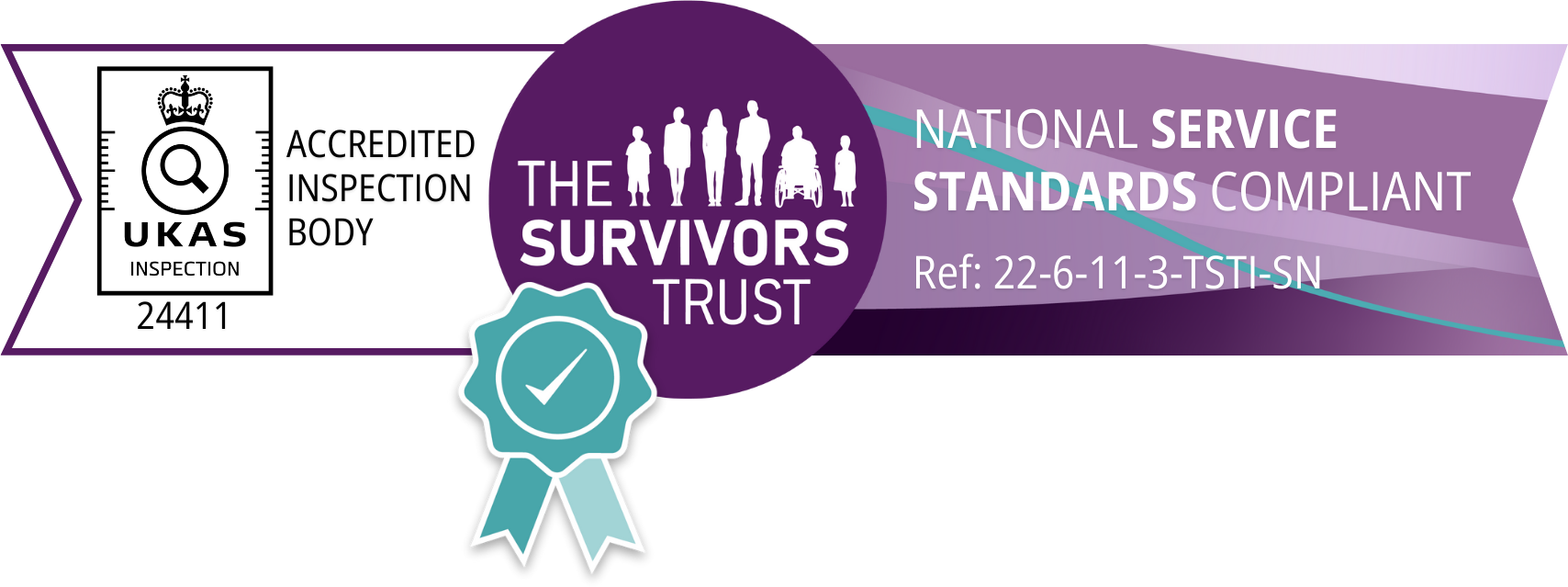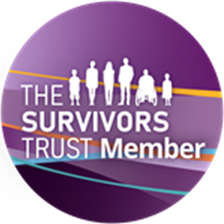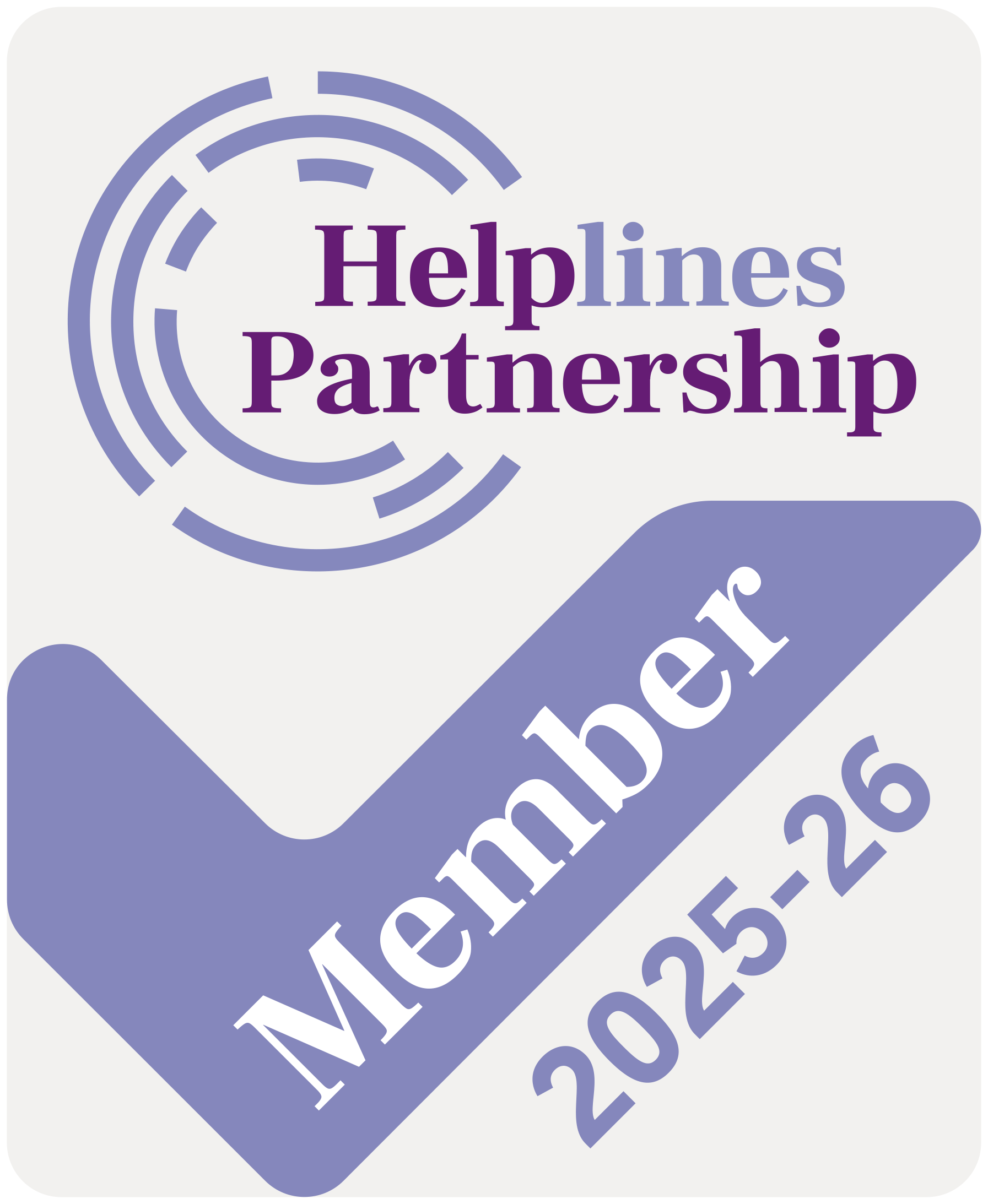New estimates put the lifetime economic cost associated with sexual violence and abuse against children and adults perpetrated in one year at £4,139,174,630.97 for York North Yorkshire, underscoring the urgent need for long-term investment in specialist services and trauma-specific interventions.
York-based sexual violence charity, Survive has arrived at this figure using a calculator developed by researchers at the University of Bristol as part of the UK Prevention Research Partnership (UKPRP) Violence, Health and Society (VISION) Consortium and in partnership with Rape Crisis England & Wales and the Women’s Budget Group. This first-of-its-kind costing tool offers a more realistic reflection of the long-term impact of sexual violence and abuse on survivors unable to thrive, reach their potential and fully contribute to society.
Survive is calling for commissioners in York and North Yorkshire to commit to sustainable, long-term funding for specialist services and trauma-specific interventions that help survivors heal, rebuild and thrive.
CEO of Survive, Ms Mags Godderidge said:
“At Survive, we know that sexual violence and abuse can have a long-term, sometimes lifelong impact on survivors; it can affect their physical, emotional, and mental health and wellbeing with may more survivors coming to us with severe psychological distress and PTSD symptoms, including flashbacks, nightmares and panic attacks. We also know that when survivors have access to the right support, they can cope and recover from what happened, move forward with their lives and thrive.
These calculations show the economic case for investing in services and interventions, like those delivered by Survive. We already know what we do works – now we have the evidence that investing in charities like ours not only helps survivors thrive but makes financial sense too. We will continue to make the case for long-term, strategic funding so that more survivors can access the support they need more quickly”.
Survive provides life-changing and life-saving services and interventions to adult survivors of rape, sexual assault, and Child Sexual Abuse (CSA). Unprecedented demand faced for their services and interventions in recent years led to them to close their waiting list in mid-May to new unfunded referrals. There are around 600 survivors still waiting for support and over 100 survivors have been turned away and told to seek support from their GP.
Key findings:
The lifetime economic cost of sexual violence and abuse against adults for York in the year ending September 2024 is estimated to be £1,036,865,785.06.
The lifetime economic cost of sexual violence and abuse against adults for North Yorkshire in the year ending September 2024 is estimated to be £3,102,308,845.81.
The combined lifetime economic cost of sexual violence and abuse against adults for York and North Yorkshire in the year ending September 2024 is estimated to be £4,139,174,630.87.
The total lifetime costs per adult victim in York or North Yorkshire is estimated to be £267,371.27.
These figures reflect wide-ranging costs for society, including:
- Health and social care services
- The criminal justice system (policing, courts, imprisonment and probation)
- Specialist sexual violence support services
- Economic losses through reduced productivity
- Long-term impacts on survivors’ quality of life
Dr Estela Capelas Barbosa, Senior Lecturer in Health Economics at the University of Bristol, said,
“Our aim was to capture the lifetime cost of sexual violence—something previous estimates overlooked by focusing only on a 12-month window. That short-term view fails to reflect the long-lasting burden that sexual violence takes on survivors’ mental health, quality of life, and service use. While our estimated figure is substantially higher than earlier studies, we believe it remains conservative. For example, we were unable to include critical costs such as (re)housing, meaning the real economic impact is likely even greater.”
Dr Sara Reis, Deputy Director and Head of Research and Policy at WBG, said,
“These figures show us that failing to invest in tackling sexual violence is not just morally indefensible – it’s economically reckless. Specialist VAWG services save lives, reduce demand on overstretched public services, and could save the government billions. We know there’s a significant return on investment in funding these services. We welcome the Government’s commitment to halve VAWG; they must back it with the funding these services so desperately need to recognise and support the essential mitigation and prevention work they do.”



